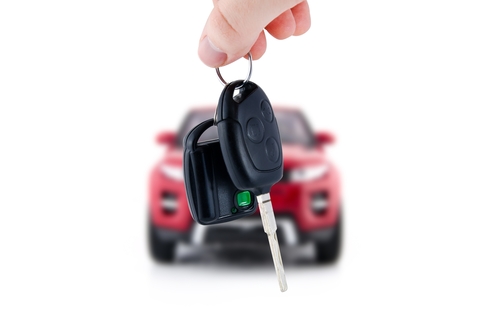The expiration of the regulatory duty (RD) on vehicle imports in Pakistan has raised the question of whether it is the right time to buy a car. While hopes were high for a significant reduction in prices for imported cars, car dealers’ opinions diverge on the matter.
Impact of Rupee-Dollar Correspondence on Car Prices
The depreciation of the Pakistani rupee against the dollar has had a significant impact on car prices. An example cited by Chairman Hajji Muhammad Shahzad illustrates how the rising dollar value has increased the purchasing price of a vehicle from $5,000 to almost 1.5 million Rupees in just eight months. Despite the anticipation of price reductions, the rupee-dollar equivalence remains the direct obstacle to substantial cuts.
Dollar Duty on Imported Vehicles
The payment of duty in dollars instead of the local currency adds to the challenges of price reduction. Kamran Tabani, a motor dealer in Karachi, highlights that countries importing vehicles often set their own currencies for duty payments. Pakistan’s dollar duty continues to create complications for consumers to buy a car, even if regulatory duty or car prices decrease. Tabani urges the government to set duties in Pakistani Rupees to stimulate business in the automobile market.
Economic Crisis and Weak Price-Fixing Mechanisms
Pakistan has been grappling with an economic crisis characterized by depleting foreign exchange reserves, a weakening currency, and high inflation. Within this context, concerns arise regarding weak price-fixing and enforcement mechanisms, allowing the local assemblers to increase car prices without justification. Shahzad points out the safety concerns associated with basic Pakistan-assembled cars that lack essential features, making them extremely dangerous.
Impact on Local Automotive Industry
The increased imports of cars also pose risks to the local automotive industry, potentially leading to unemployment for thousands of individuals directly involved in the sector. Related industries, such as plastic, steel, and rubber, could also experience negative consequences.
Potential Solutions
To address the unfavorable conditions, Shahzad suggests allowing the import of cars and other vehicles up to seven years old. In Japan, the prices of such vehicles range from $1,500 to $2,500, which could have a significant impact on the local automobile market. By imposing the prescribed dollar duty on imported cars and fostering healthy competition, the government could mitigate the challenges faced by the industry.
Additionally, Shahzad proposes exploring the option of local car manufacturing as a means of addressing the issue. Investing in the development of a domestic automobile manufacturing industry could create job opportunities, reduce reliance on imports, and potentially lead to more affordable cars with improved safety features.
So, should you buy a car right now in this economy? We hope it’s easier for you to decide after knowing all the above details! Let us know your decision in the comments below!


